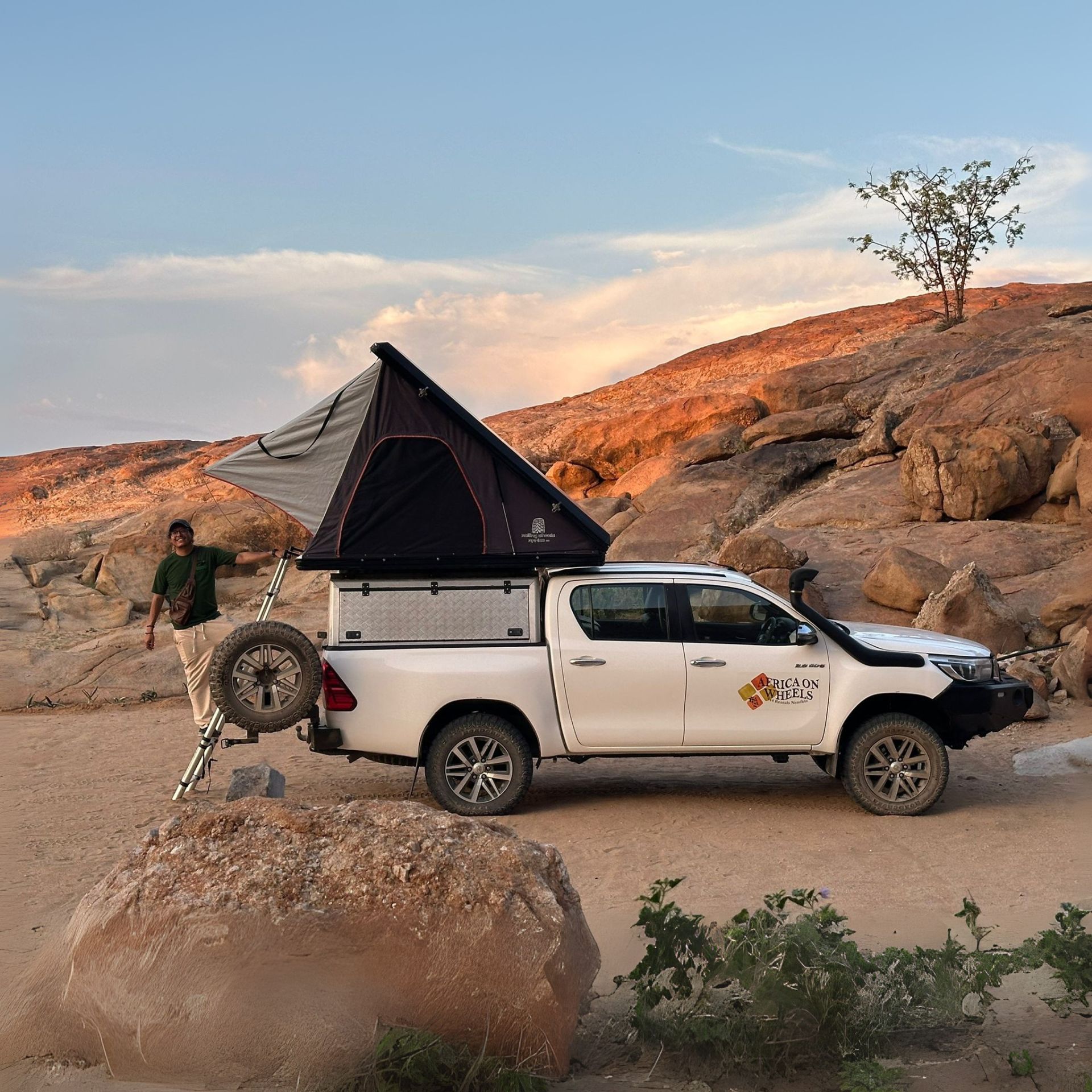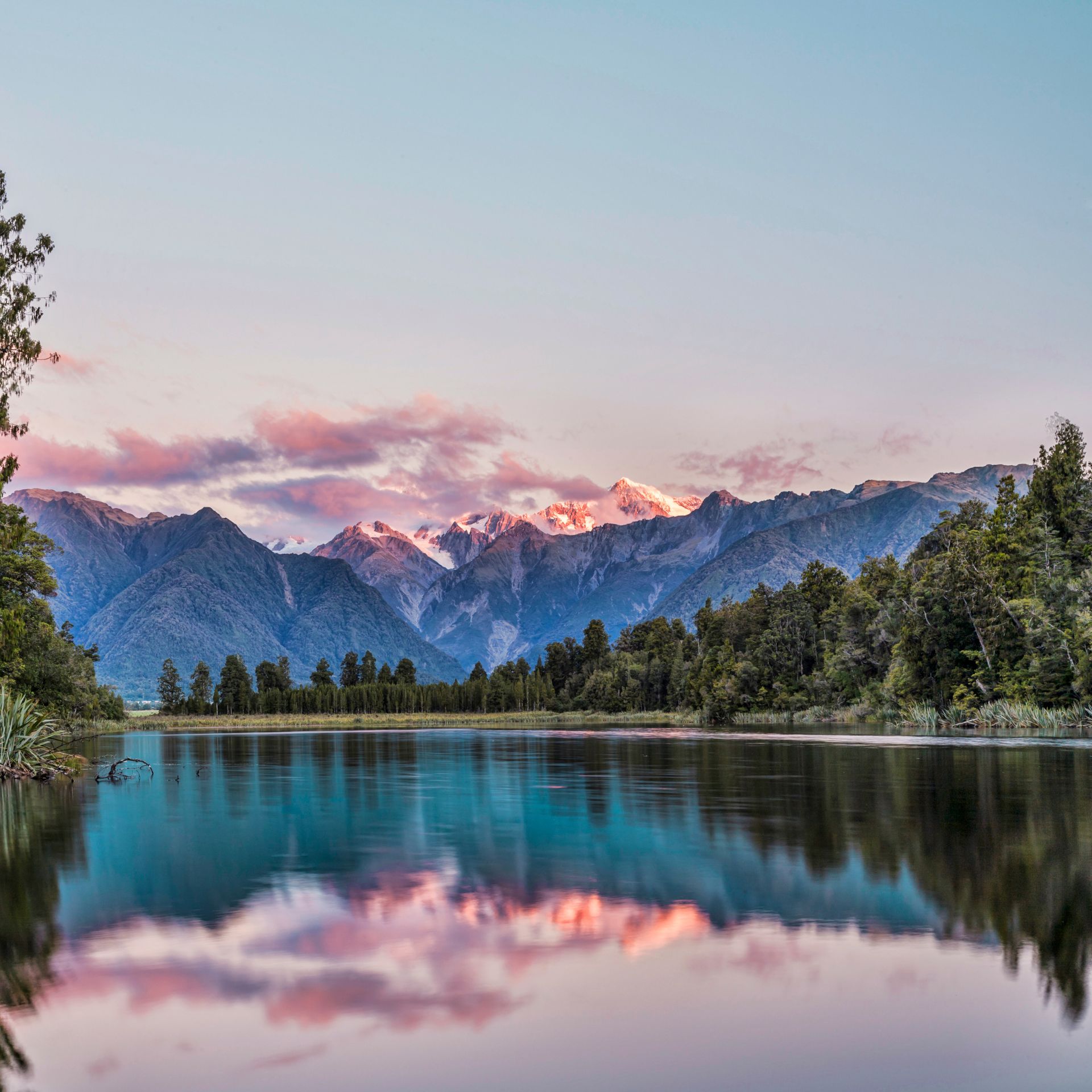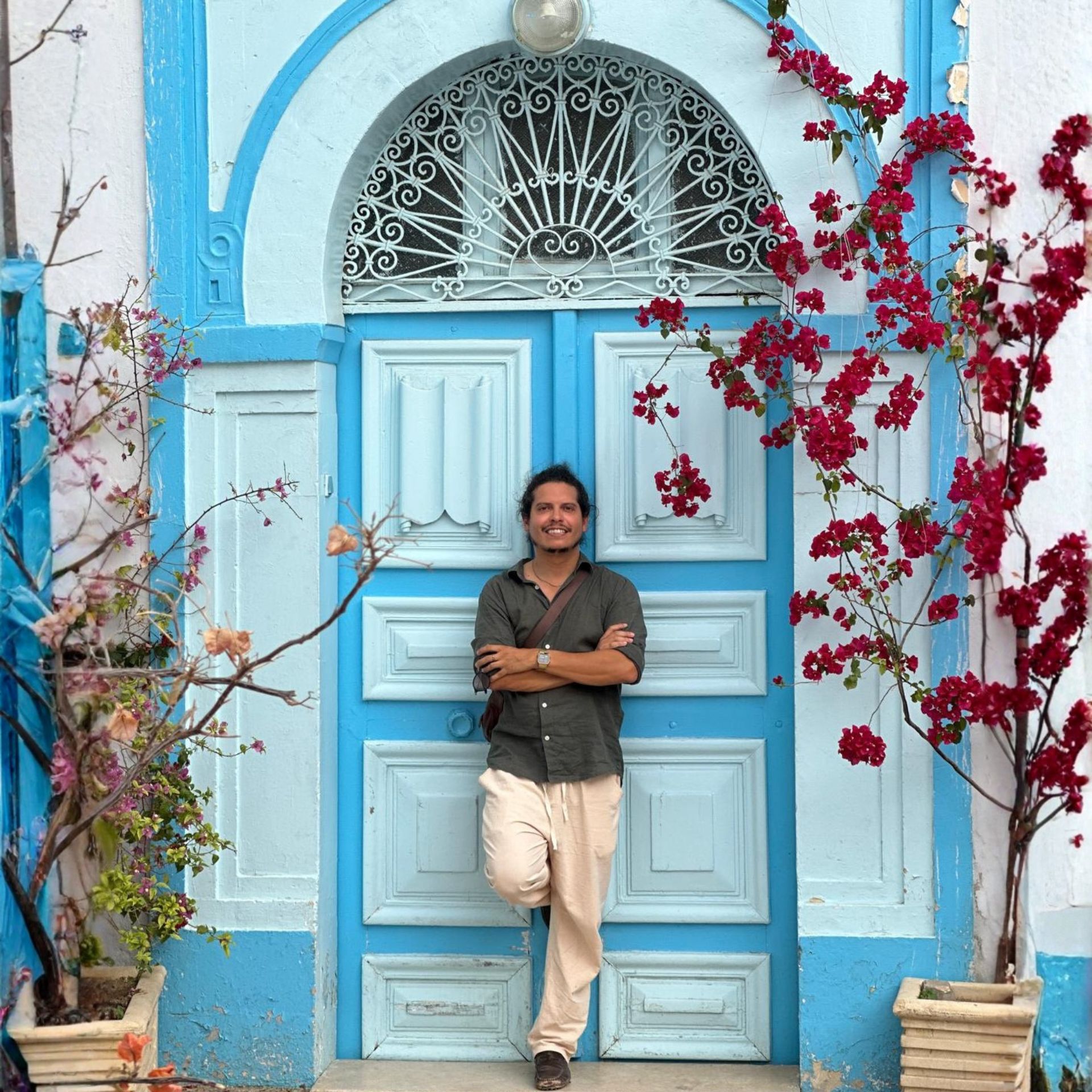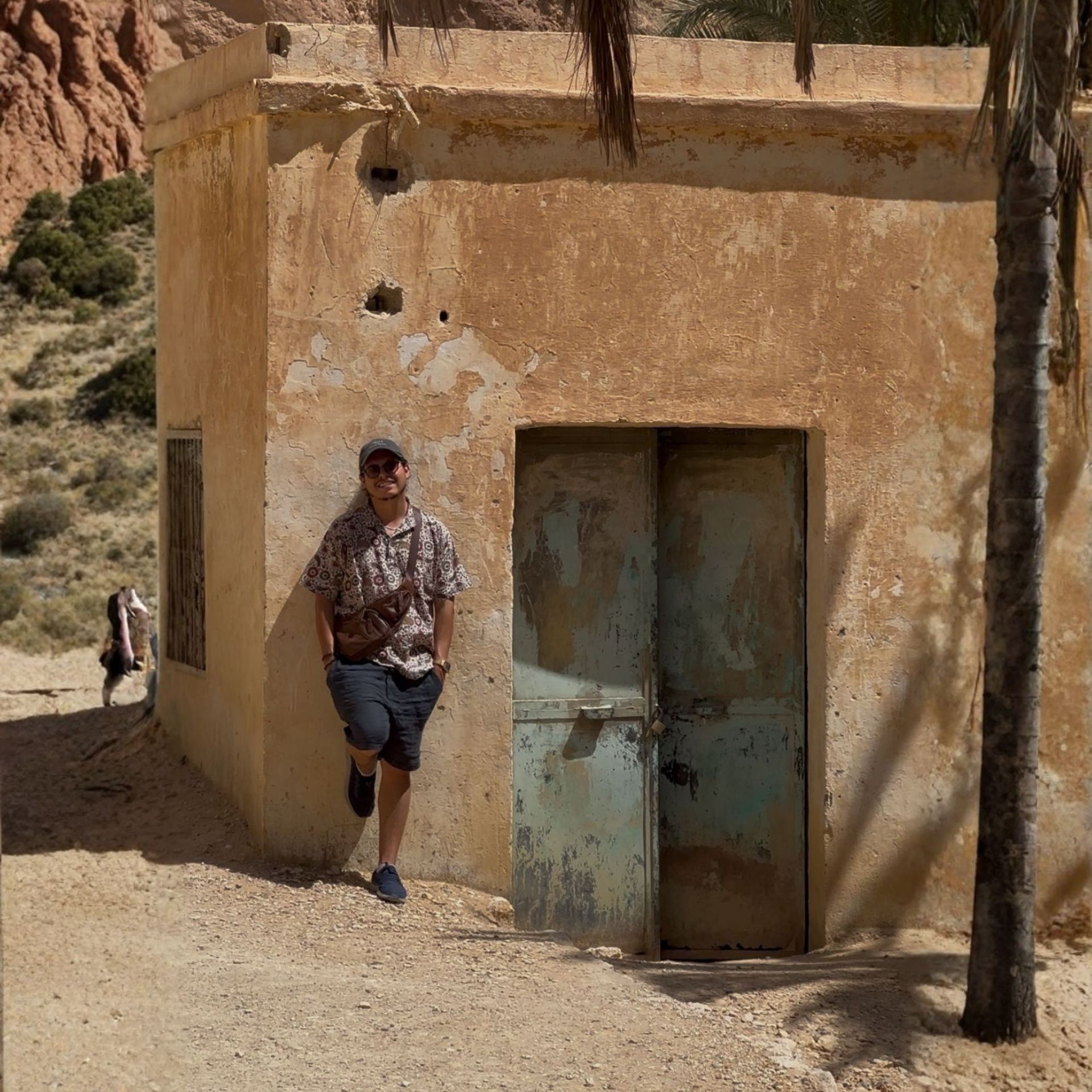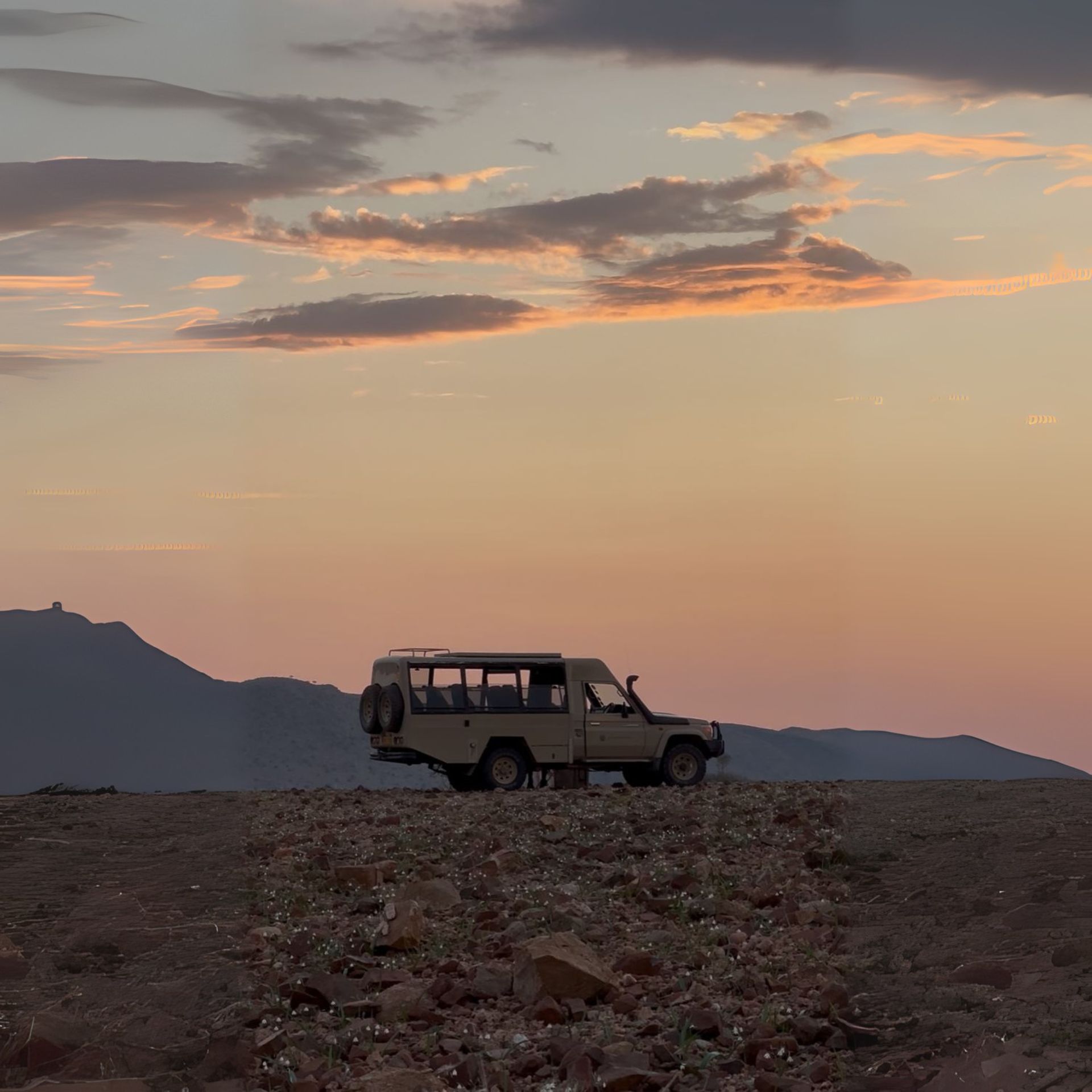Going on a safari is one of the most extraordinary experiences while traveling, and with a little bit of extra preparation, it can turn into the adventure of a lifetime.
Beside ridiculously high expectations, I didn’t know how to prepare for my first safari trip in Africa. I simply saw it as an opportunity to explore something different and to be amazed by the wonders of nature in an environment that was completely new for me. Today I’ve been on more than 10 safari trips throughout southern and eastern Africa. Based on my personal experience I have learned that better preparation can enrich my safari journey and create more memorable moments. Here I give you some of my best tips on how to better prepare for your first safari trip!

Visas and vaccinations
No trip is fun if you end up getting sick halfway or you can’t even start your travels due to some visa troubles. Unlike places like South America or Europe where the visa process is relatively straightforward and simple, African nations have a bit more complex regulations for those coming from abroad. While most of the visas are easy to get and you can apply on arrival, other countries can be a real pain in the ass and stop your trip if you don’t plan ahead.
Always check out the visa regulations of each country – but most important – read the fine print with additional information. For some African nations you should have up to 3 blank pages on your passport, while for others, you can only request a visa when you apply from your home country.
Prior to arriving in Africa, make sure you are up to date with all the necessary vaccines. For example, always carry your Yellow Fever vaccine certificate (in some countries it is as important as your passport). To find out what vaccines you need or what kind of medication you should bring on your safari, get a private consultation with travel doctor.
Read more: How To Plan A Safari Trip On A Budget
Read more: How to plan the best safari in Masai Mara in Kenya
Read more: Which are the best national parks in Zambia

Understand wildlife
Many travelers (including me at some point), expected to see lions fighting buffalos while elephant herds observing from the distance – all in a single day. And yes, that is normal and excitement should be there. However, a safari drive is the complete opposite of going to a zoo. The animals roam around freely in the open park and the guide has to track them down based on footprints, conversations with other guides and driving with no specific destination.
But that’s where the magic is. Being an observer from the distance and encountering animals while you drive through the African grasslands.
Remember that the African national parks are extremely vast and places like Serengeti National Park can’t be visited in just one or two days.
Read more: Self-driving in Serengeti – Is it really worth it?

Don’t forget the essentials
Packing for a safari is very similar to packing for a camping trip in the middle of nowhere. If you forget it, there is not much you can do about it. Cameras, phones and power banks are common sense items that are overly mentioned in blog posts. However, there are some items that you definitely need to pack.
Protecting yourself is the main priority. Remember to keep yourself well covered from the sun by using sunblock, wearing sunglasses and a hat. If you have sensitive skin, it is recommended to wear breathable long sleeves and pants all the time. These type of clothing is also essential at night, as mosquitos will eat you alive if you wander around wearing shorts and t-shirts.
I’m not a doctor to tell you if you should take anti-malarial or not. However, discuss with your doctor about your alternatives, side effects, and type of anti-malarial you can take. Either you take antimalaria or not, don’t forget to bring mosquito repellent and use it every day. And last but not least, don’t forget to bring a medical kit with basic needs for emergencies.
Read more: What are the top safari experiences in Africa

Upgrade your camera gear
As I mentioned before, going on a safari is not like visiting a zoo. Most animals can be only seen from a distance and binoculars are essential to appreciate some of the animals you will encounter along the way.
Zoom lenses are necessary for any photography lover hoping to capture a portrait of a lion. But don’t worry, there are many affordable zoom lenses in the marketplace depending on the camera you own. A basic zoom lens for a safari can be as cheap as 200 EUR and the results will be great!
What lenses am I carrying:
As a professional landscape photographer, I rarely need zoom lenses on my assignments. However, I do have a couple of zoom and telezoom lenses when traveling to Africa.
For my latest safari trip I took following zoom lenses with me:
– Canon 70-200mm f2.8
– Sigma 150-600mm f5.6-6.5 C
Read more: How to plan a trip to Serengeti

Plan adequately
Planning a safari in Africa can be as independently or as organized as you want it to be. From self-driving safaris, group tours to budget, mid-range and luxury private tours.
As a first timer, you want to experience the most. While self-driving gives you exactly that flexibility you need, logistics and basic planning (permits, accommodation and the driving itself) can be very overwhelming as a newbie. At the same time, group tours can slow down a safari experience and can be limiting if you want a more customized journey.
Private safaris offers the right balance between organization and flexibility. With a large range of options such as price tiers and services included, here is where you have a plethora of choices and offers for all budgets and preferences.
But keep in mind, budget safari operators may offer competitive prices. At the same time, they may add more complications and make things more difficult throughout the trip.
Not enough water and food, older vehicles, and an inexperienced guide are some of the issues I’ve experienced when selecting a budget safari company – something nowadays I tend to avoid at all costs.
Read more: Exploring the Makgadikgadi Pans in Botswana – a different kind of safari

With whom did I travel?
While going on a safari at Serengeti National Park in Tanzania, I traveled with Cross to Africa Safaris. A local tour operator that offered me the comfort I needed at the right price. Cross to Africa Safaris provided flexibility and professionalism throughout my entire experience. They even thoughtfully gave me with a camera bean bag to use during my safari drive. This company offered an excellent service and I’m happy to recommend!
Self-driving safari
Most national parks in southern and eastern Africa allow self-driving. Either you bring your own vehicle or rent a safari car, this is an option for those who like to be behind the wheel. However, take in consideration that self-driving isn´t the most affordable option. National parks tend to charge higher fees for self-drivers and renting a proper 4×4 car rentals for safari trips can be expensive.
Self-driving on a safari deserves a full article on its own. But for now, as a first timer, you should relax and sit in the co-pilot seat, while an expert guide drives you around.
Read more: Traveling to the Okavango Delta in Botswana

Read more: How to plan the perfect trip to Masai Mara in Kenya?
Planning a safari independently is fun. However, if you want to arrange everything with tour operators beforehand from the comfort of your home. SafariBookings is the best platform for it.
They have the largest database of tour operators in Africa and you can simply send a request and negotiate a tour and a price directly with the operator. You don’t have to pay any additional fees.
These are some of the most popular tours in Africa at SafariBookings
Read more: Everything You Need To Know About The Wildebeest Migration
Read more: Tsavo, Amboseli or Masai Mara – Which safari park in Kenya should you visit?

